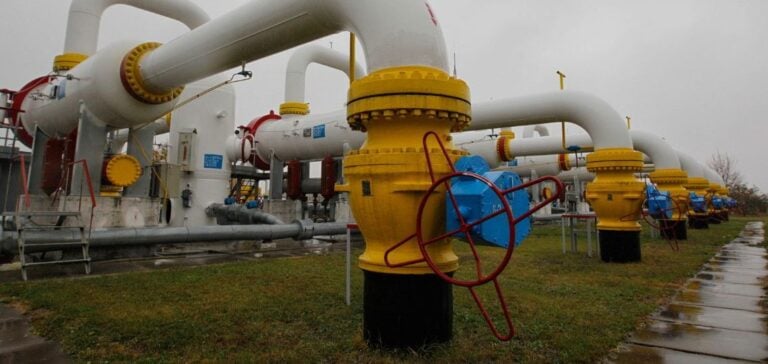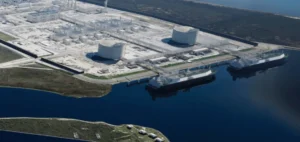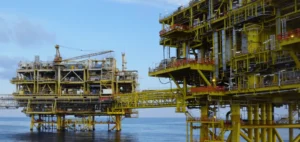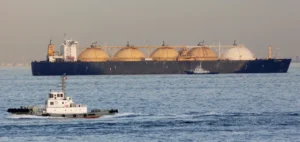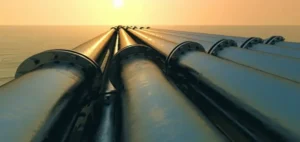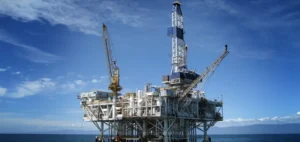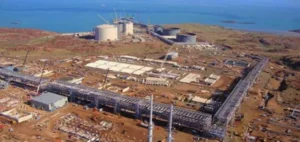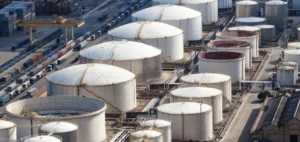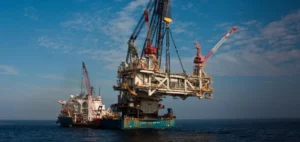The energy crisis affecting Transnistria, a pro-Russian separatist territory in Moldova, has worsened since the cessation of Russian gas supplies via Ukraine on January 1. This stoppage, the result of a financial dispute between Moscow and Chisinau, highlights the region’s energy vulnerabilities and its 500,000 inhabitants.
Russian gas supplies to Transnistria, historically delivered via the local provider Tiraspoltransgaz, have stopped due to a disagreement over debt owed to Gazprom. Moscow places the debt at $700 million, but Chisinau, disputing the amount, estimates it at around $9 million. The halt in supplies has quickly escalated the region’s energy challenges.
Impacts on the Population and Local Economy
In response to the shortage, the separatist government has introduced regular power outages. On Friday evening, residents were subjected to power interruptions between 6:00 PM and 10:00 PM. These measures, deemed insufficient to stabilize the grid, were extended on Saturday, with longer outages planned.
The situation is also affecting the local industrial sector, with many businesses shutting down operations in recent days. According to Vadim Krasnoselsky, leader of Transnistria, the electrical grid’s overload has caused multiple blackouts, already impacting more than 3,000 households, depriving them of heating and light.
The Central Role of the Cuciurgan Power Plant
Transnistria heavily depends on the Cuciurgan thermal power plant for its electricity needs. This facility, located within its territory, also supplies part of Moldova. Outside Transnistria, Moldova has so far been spared from outages, thanks to energy assistance from neighboring Romania and government efforts to reduce consumption.
However, the tensions surrounding the management of this crisis could heighten disputes between Moldova and Transnistria, a region unrecognized by the international community and under Russian influence since the fall of the USSR.
A Worrisome European Context
This crisis occurs as Europe faces a restructuring of its gas supply network. Since the expiration of a transit agreement between Kyiv and Moscow, Russian gas no longer flows through Ukraine, accounting for about one-third of Russia’s exports to Europe.
Eastern European countries, including Moldova and Slovakia, are particularly affected by this new energy reality. The Polish presidency of the European Union has assured that the situation remains “stable” for member states, thanks to high storage levels and increased imports of liquefied natural gas (LNG).
Despite this apparent stability, Moldova’s situation underscores the persistent challenges of energy independence in Central and Eastern Europe, where geopolitical tensions continue to complicate access to reliable resources.

